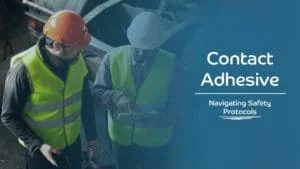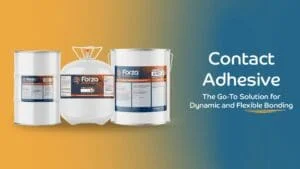Methacrylate Adhesives: Dispelling the Myths
There’s a lot of theories floating around out there about methacrylates, so we thought we’d try to dispel some of the myths!
So what are methacrylates? Methacrylates are 2-part acrylic structural adhesives, composing of a resin and a hardener. They are commonly used in the composites, transportation, aerospace, wind energy, marine and RV industries. These highly versatile adhesives effectively bond many substrates including metals, fiberglass, glass, wood, thermoplastics and ceramics, and are great for bonding dissimilar substrates. They are great for high-volume applications.
Methacrylates are extremely durable, have high peel and sheer strength, and provide strong bond lines that resist peel, cleavage, vibration and impact. They have a long work life, require little surface preparation, and improve the quality of finished parts. These VOC-compliant adhesives are highly temperature resistant, providing excellent electrical and thermal insulation, and display excellent aging and weathering properties.
Methacrylates are gap-filling, eliminating the need of pre-drilling, as well as the need for mechanical fasteners or welding, resulting in an improved appearance, and stronger and lighter finished products. These adhesives cure quickly, providing tough and durable bonds soon after application, while still remaining flexible, even at low temperatures. There is minimal bond shrinkage, and very high resistance to fatigue and abrasion. Methacrylates are very easy to apply, reducing the need for skilled labor, resulting in cost-savings and an increase in production.
While they are structural in nature, methacrylates can have lower impact resistance due to the inherent brittleness of the adhesive. They also contain isocyanates, can create exotherm, and have a strong odor, but with adequate ventilation and safety precautions, this shouldn’t be an issue. It really depends entirely on your application, which adhesive is the best solution for your needs!
Still have questions about methacrylate adhesives? Contact us, we would love to hear from you!




